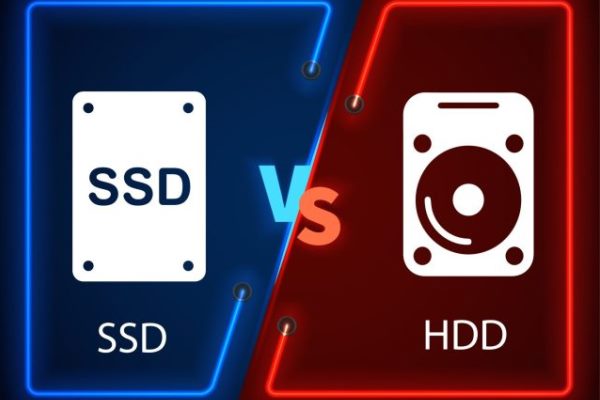Cloud or Dedicated – What Should I Choose?
For most small business web hosting requirements, cloud hosting solutions offer web server resource scalability options that compete at an equivalent price level as dedicated server hardware for top traffic websites.
Many cloud platforms use one web server stack software that will not support the custom software requirements of legacy web applications or databases, making dedicated server plans a necessity. In most cases, cloud hosting plans offer a “plug & play” PaaS option that tiny business owners can transfer existing websites to for better web server performance at scale with the integrated page caching.
Dedicated servers provide base hardware resources that developers can custom install with the programing language extensions, tools, utilities, and third-party frameworks required to program complex, database-driven web, and mobile applications. Over-provisioning dedicated server hardware for web and mobile applications can cause better performance vs. shared hosting platforms supported virtualization with thousands of domain names active on one server instance.
Advantages of Cloud Hosting
Although there is a good sort of cloud hosting plans, platforms, and services, each unique to the corporate and programming team developing them for the market, the most advantages of those plans are that they supply pre-installed elastic web server support with custom stack software optimized for CMS websites running on LAMP.
CMS site owners receive better overall performance on cloud hosting through a mixture of premium hardware configurations, SSD storage options, load balancing on network traffic, and multi-layered database, PHP process, & web file caching services, including CDN integration.
Cloud hosting allocates more RAM, CPU cores, & I/O processes to CMS websites than shared hosting plans while allowing each site to scale to consume more resources on-demand, consistent with the online traffic requirements in live production. This ensures that websites remain “always-on” under any web traffic conditions which sites will load faster under normal conditions of community use.
Disadvantages of Cloud Hosting
The disadvantage of retail cloud hosting under the PaaS model compared to a fanatical server plan is that systems administrators or web developers might not have the complete flexibility required to switch the webserver stack software installation so as to create custom solutions.
For example, there's no ability to vary the OS or install alternative webserver platform software like Nginx, Tomcat, Hadoop, Lightspeed, or Lighttpd on retail PaaS cloud hosting plans.
However, cloud hosting plans available under “pay as you go” approaches AWS, Google Cloud, & other companies do allow easy web server stack customization using snapshot services. Small business owners normally find managed WordPress hosting and retail cloud plans offered with LAMP PaaS options easier to use when transitioning from shared hosting for better performance, while the cloud computing plans offered with more stack flexibility require experience in systems administration and performance similarly to VPS plans.
Advantages of Dedicated Servers
The traditional advantages of dedicated servers are that systems administrators can configure them for the precise level of web traffic that's required to support online operations.
Where this is often variable, website owners got to provision dedicated servers with over-capacity which will also provide better performance during times of but peak traffic activity.
Web developers and programmers require dedicated server hardware to make custom web server environments for complex application support. this will include installing alternative operating systems for the webserver, custom developer extensions for programming languages, performance-enhancing utilities like advanced page caching systems, or alternative database frameworks to MySQL. Java, ASP.NET, Node.js, PHP, & Python developers all require dedicated server hardware which will be fully customized to create new applications or support legacy software online with specific runtime requirements. Dedicated servers are often optimized to support high levels of web traffic for eCommerce, media, publishing, promotions, etc.
Disadvantages of Dedicated Servers
- The main disadvantage of dedicated servers is that, under an unmanaged approach, systems administrators must be liable for all aspects of web security that has the OS and every one installed extension frameworks. Dedicated servers with a managed stack software environment are continually updated by remote technicians within the data center with security patches, but this will create data access issues with unregistered employees that are unacceptable to some business operations. the value of leasing remote dedicated servers can even be above buying and provisioning the hardware locally, although it's difficult to duplicate the speed of fiber optic network resources during a world-class data center or international colocation facility. Trust within the web hosting company includes reliance on a third-party team for support, technical assistance, and debugging in operations which will be mission-critical for business website support, but not every hosting company is bound to be consistent during this at A level to be reliable, resulting in a possible loss of business or occasional web server downtime that can't be predicted.




In selecting a great simple common holding planning, I highly suggest you select one that comes with cPanel as well as Softaculous. This holds true whether you have one site or several web sites, however if you're developing a number of web sites it's much more necessary to havecPanel & Softaculous included
ReplyDelete